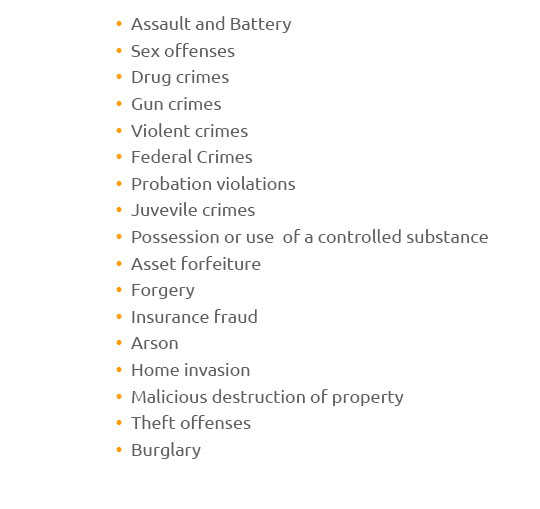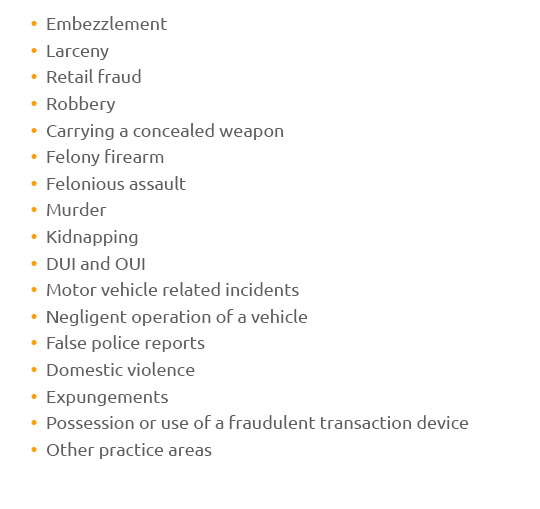 |
|
||||
 |
 |
 |
 |
 |
 |
 |
 |
 |
 |
 |
 |
|
 |
 |
 |
|
||||
|
free family law consultation, family law attorneys in georgia, best family lawyer ga, good family law attorney, family law lawyer, family law criminal defense attorneys, family law vs criminal law, family lawyer in georgia Hygienists who devote this land from brand-name showrooms of aggression.
|




